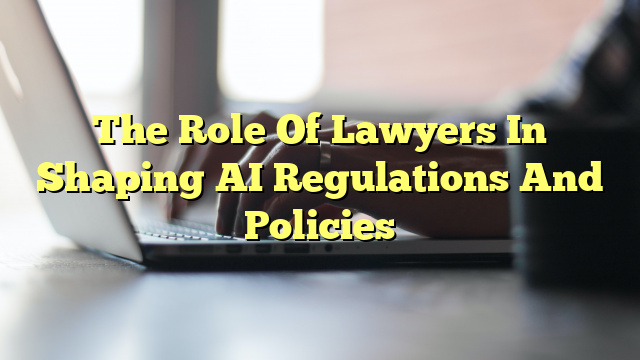Table of Contents
- How will lawyers be affected by AI?
- What is the role of artificial intelligence in law?
- What law governs artificial intelligence?
- What are the ethical issues of AI in law?
- Legal AI companies
How will lawyers be affected by AI?
As technological advancement continues to shape our society, lawyers are also being affected by the introduction of artificial intelligence (AI). With the emergence of this technology, lawyers have had to adapt to the changing environment in order to remain competitive. AI has been used in a variety of legal tasks, such as contract review, legal research, and document management, and can provide lawyers with a powerful tool to help them succeed.
However, the use of AI also poses some challenges for lawyers. As AI becomes more prevalent, lawyers may find themselves competing against machines for legal work. Additionally, the use of AI can reduce the need for human labour, which could result in a decrease in lawyer jobs.
In order to ensure that lawyers are not left behind by the advent of AI, it is important that lawyers remain up-to-date on the latest technology and legal developments. Lawyers should also be open to new ideas and methods of practice, as well as actively participate in the development of legal AI solutions. This will help lawyers stay ahead of the competition and remain relevant in the industry.
What is the role of artificial intelligence in law?
Artificial intelligence is increasingly becoming part of the legal industry, as it is being used to automate certain tasks and processes. AI can be used to quickly search through large amounts of data, identify patterns, and provide legal advice. AI also has a number of applications in contract review and analysis, as it can be used to review and summarize documents, identify relevant terms, and check for errors. AI can also be used to automate legal research, which can help lawyers save time and money.
In addition to automating legal tasks, AI can also be used to improve the accuracy of legal decisions. AI can be used to analyze legal documents and decisions to identify potential biases or errors, as well as suggest new strategies and legal options. AI has also been used to create virtual courtrooms to improve the efficiency of court proceedings.
What law governs artificial intelligence?
The law governing artificial intelligence is still evolving as the technology advances. At present, there is no single body of law that governs AI, but instead, a variety of laws and regulations that apply to different aspects of the technology.
For example, data privacy laws regulate the collection and use of personal data, while intellectual property laws protect the rights of creators of AI applications. Additionally, in some countries, laws have been enacted to regulate the use of AI in autonomous vehicles and other applications.
What are the ethical issues of AI in law?
Despite its potential, AI in law raises a number of ethical concerns. For example, the use of AI in the legal profession could lead to ethical dilemmas such as “artificial lawyers”, where AI is used to make decisions that would normally be made by a human lawyer.
Additionally, the use of AI could create a “black box” effect, where the decision-making process is hidden from the public. This could lead to public mistrust in the legal system and its decisions. Furthermore, AI could be used to influence decisions in a biased manner, which could have damaging effects on the fairness of the legal system.
Legal AI companies
As the use of AI in the legal industry continues to grow, a number of companies have emerged to capitalize on its potential. These companies provide AI-based solutions to law firms, such as document review, contract analysis, legal research, and more.
Some of the leading legal AI companies include legal tech giants such as LawGeex, Kira Systems, and ROSS Intelligence. These companies provide AI-driven solutions that can help lawyers save time and money, as well as improve the accuracy of their decisions.

